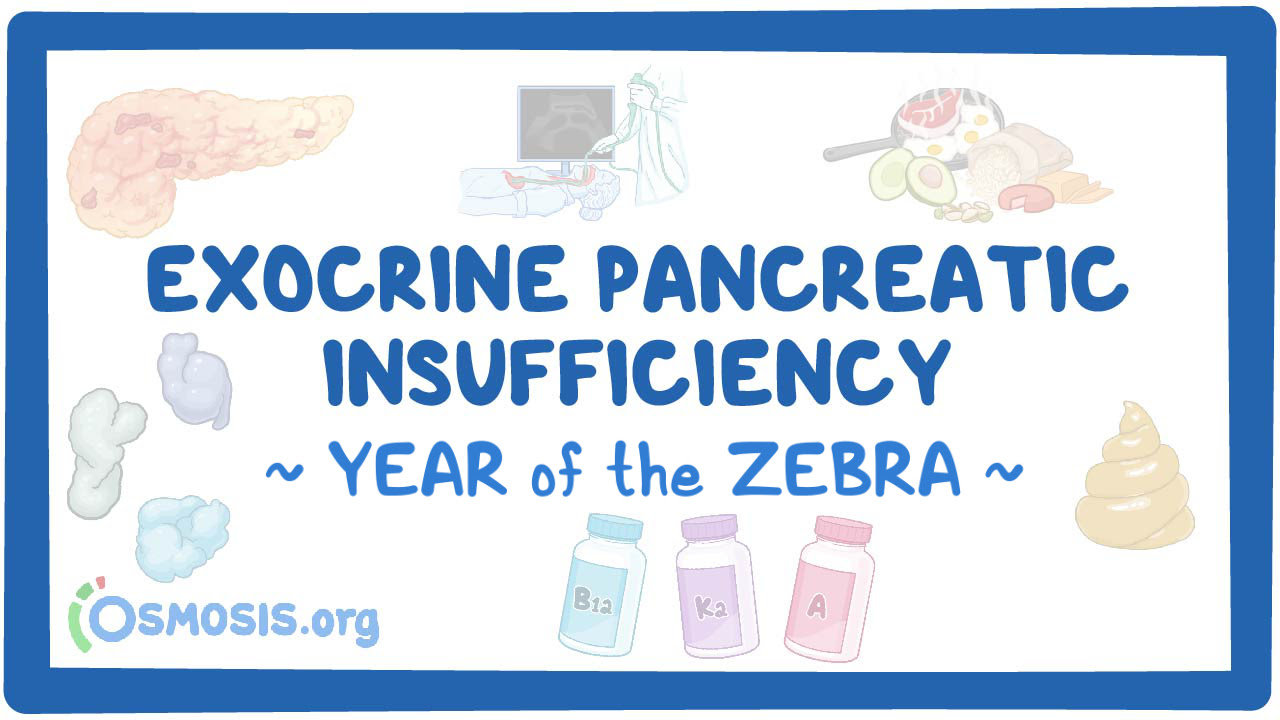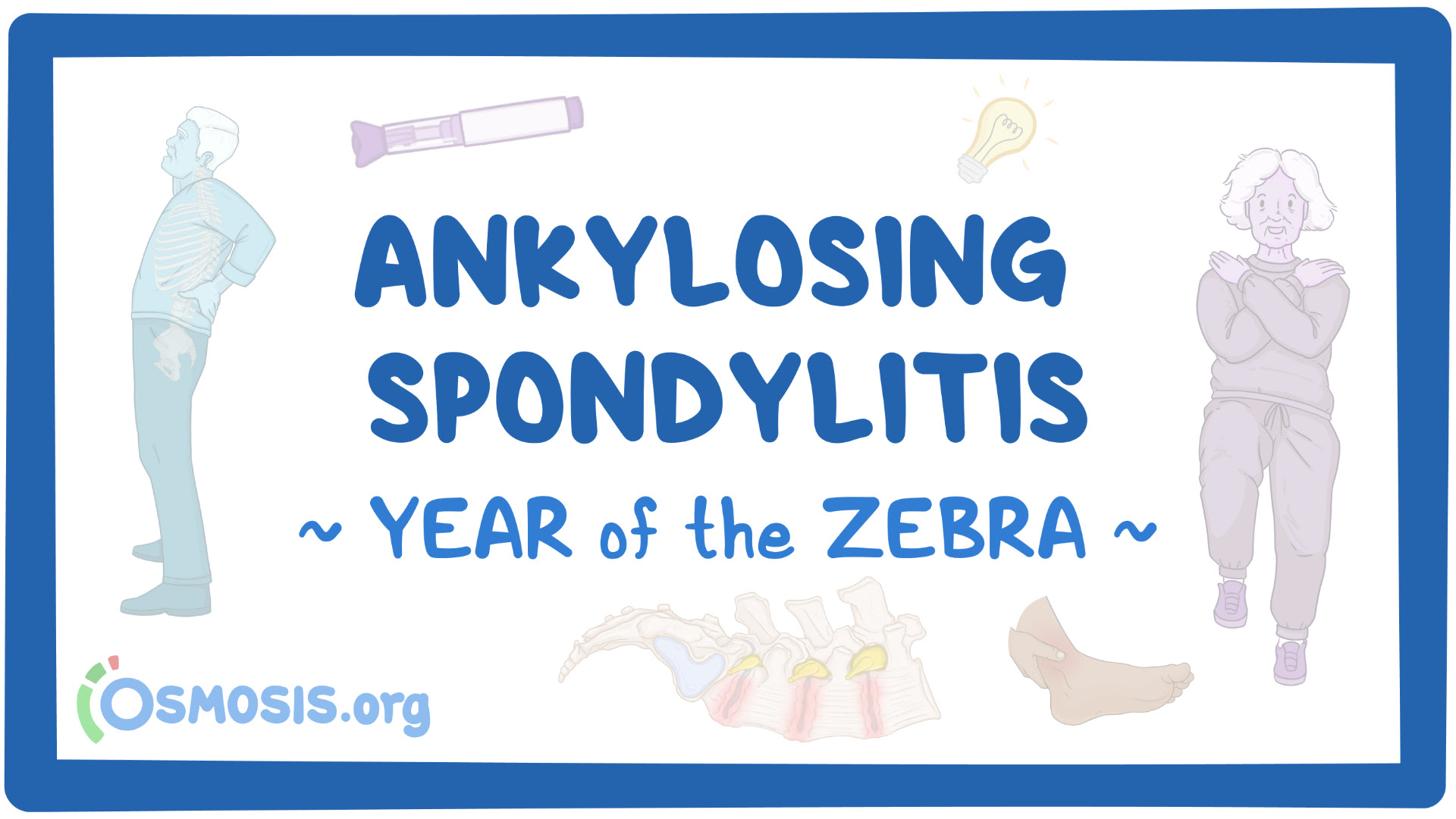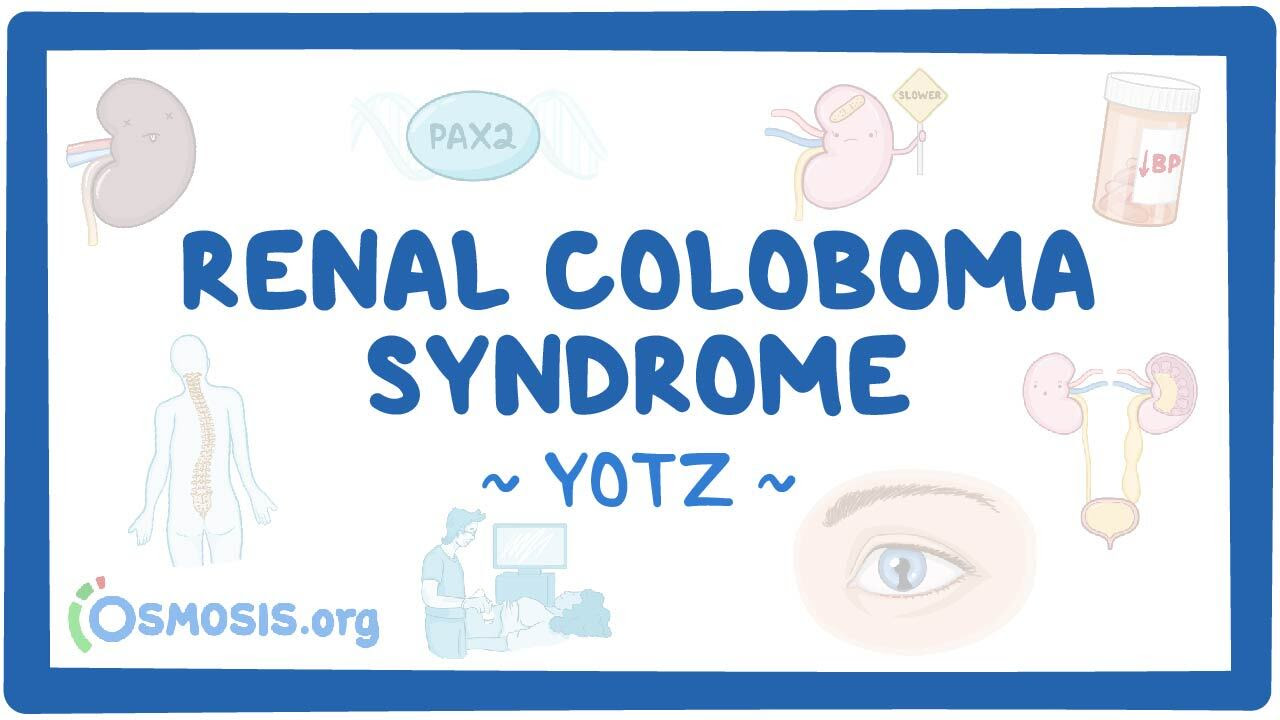The BRIDGES consortium, the first initiative of its kind funded by NIDDK, is designed to increase diversity and support early-career scientists from underrepresented backgrounds in securing research funding in nutrition, obesity, diabetes, and related fields. By providing tailored mentoring, career development, grant-writing support, and pilot funding across four leading programs nationwide, BRIDGES empowers the next generation of scientific leaders to drive innovation and address critical health disparities.
Microbiota-Gut-Brain Axis and CNS Disorders: Recent Progress and Perspectives, 2025, pp 19-41
Rare Disease Education: Exocrine Pancreatic Insufficiency
Editor: Kelsey LaFayette, DNP, RN, FNP-C
This study evaluates eight National One Health Strategic Plans using a mixed analytical approach, revealing varying degrees of alignment with core One Health principles and highlighting strengths and gaps to inform future initiatives. The framework combines qualitative, quantitative, and network analyses to assess content, terminology, and conceptual relationships within the plans.



